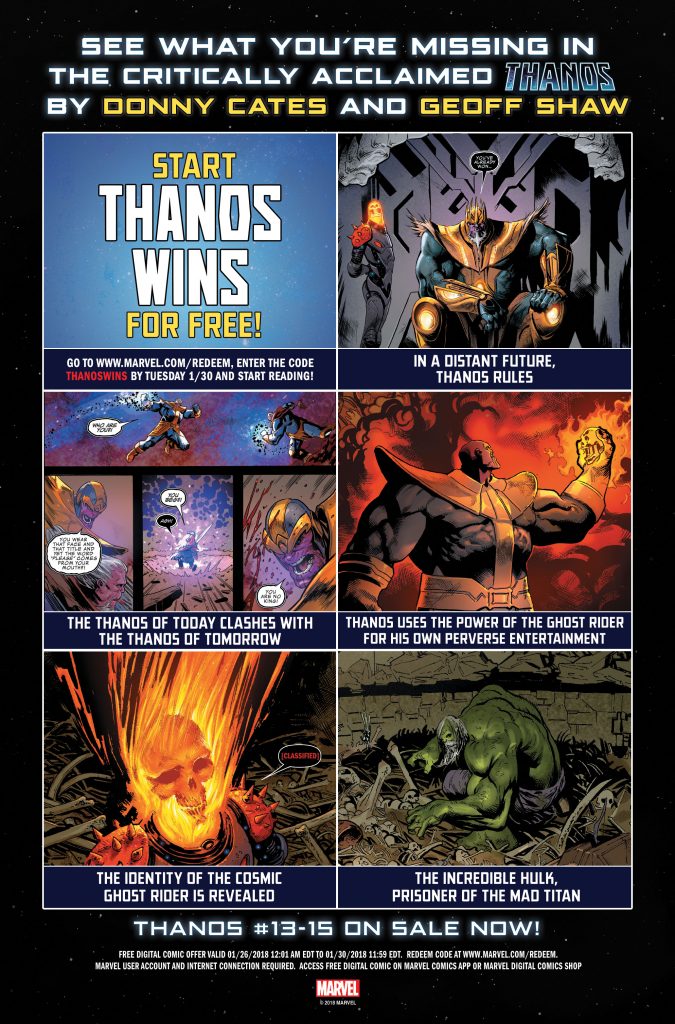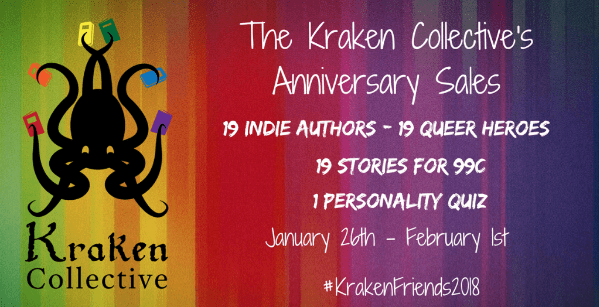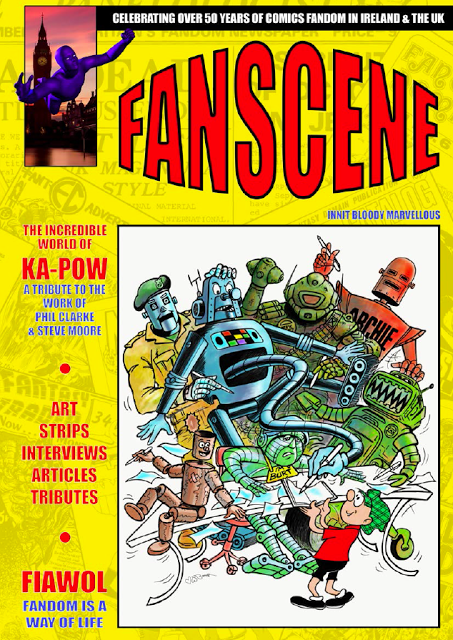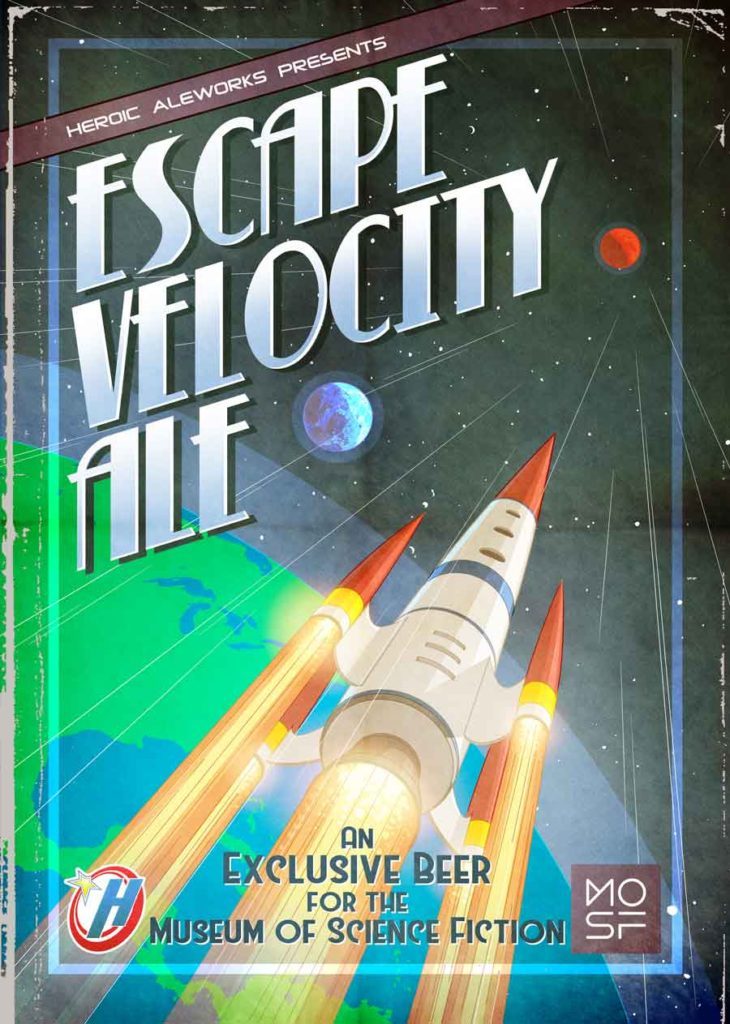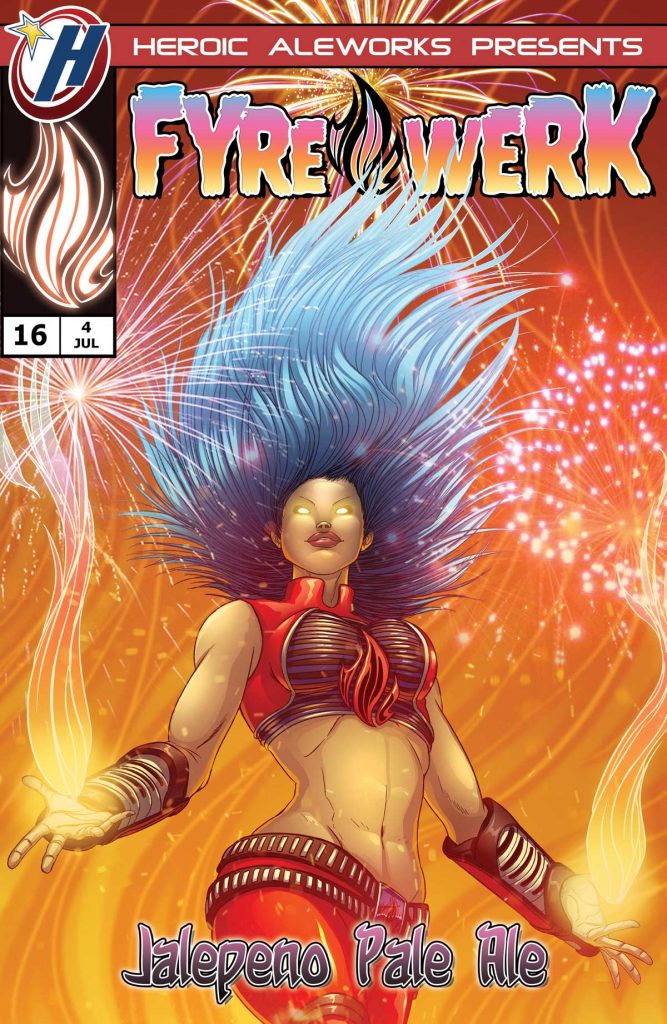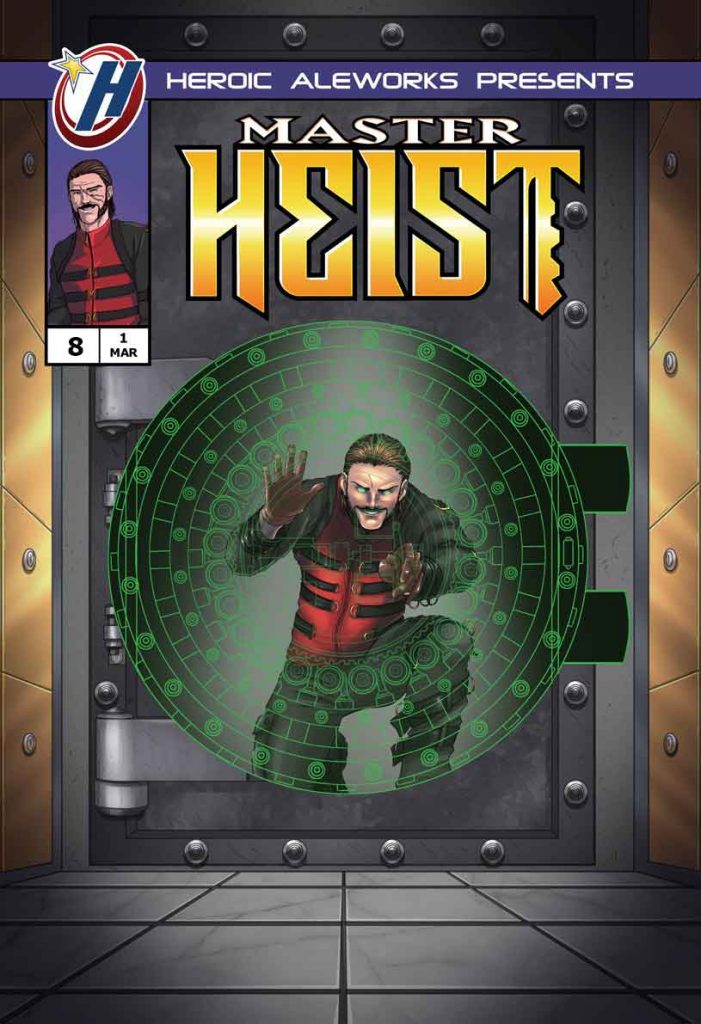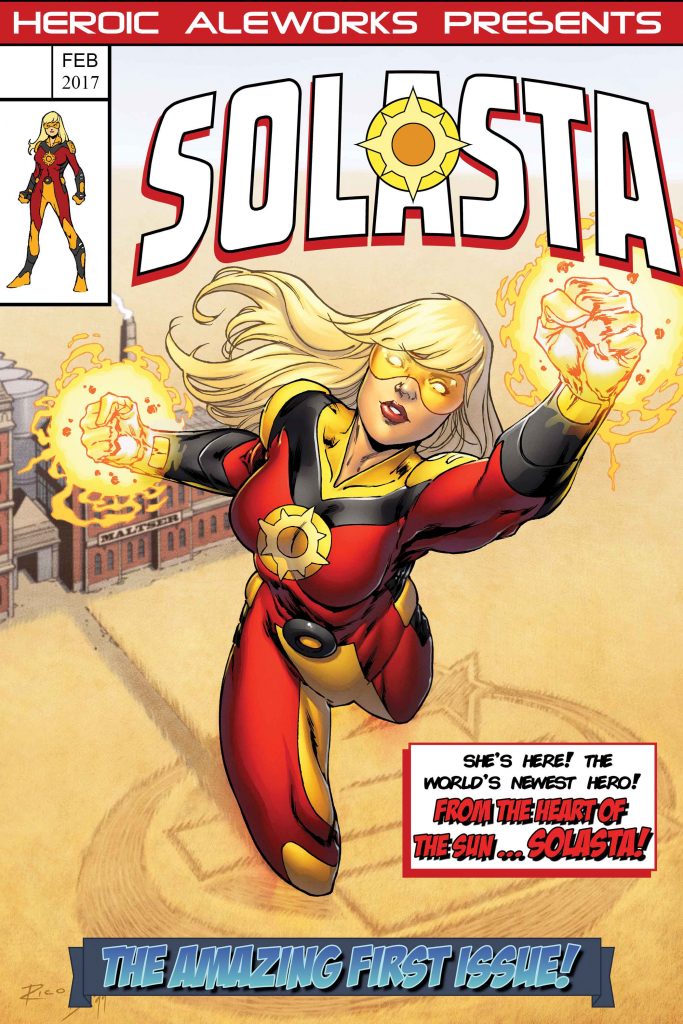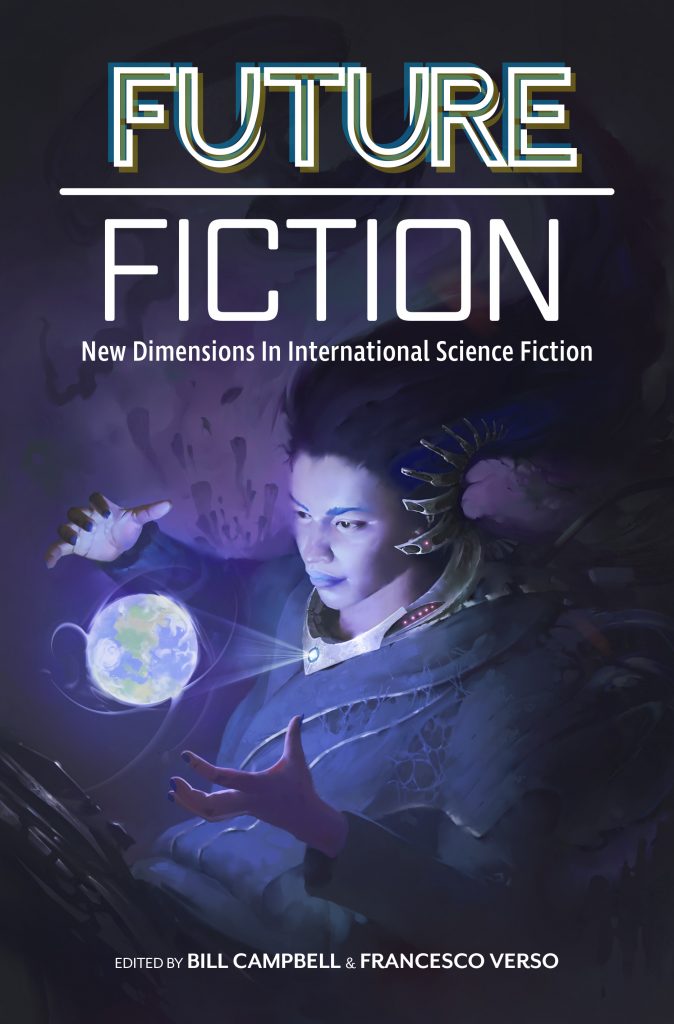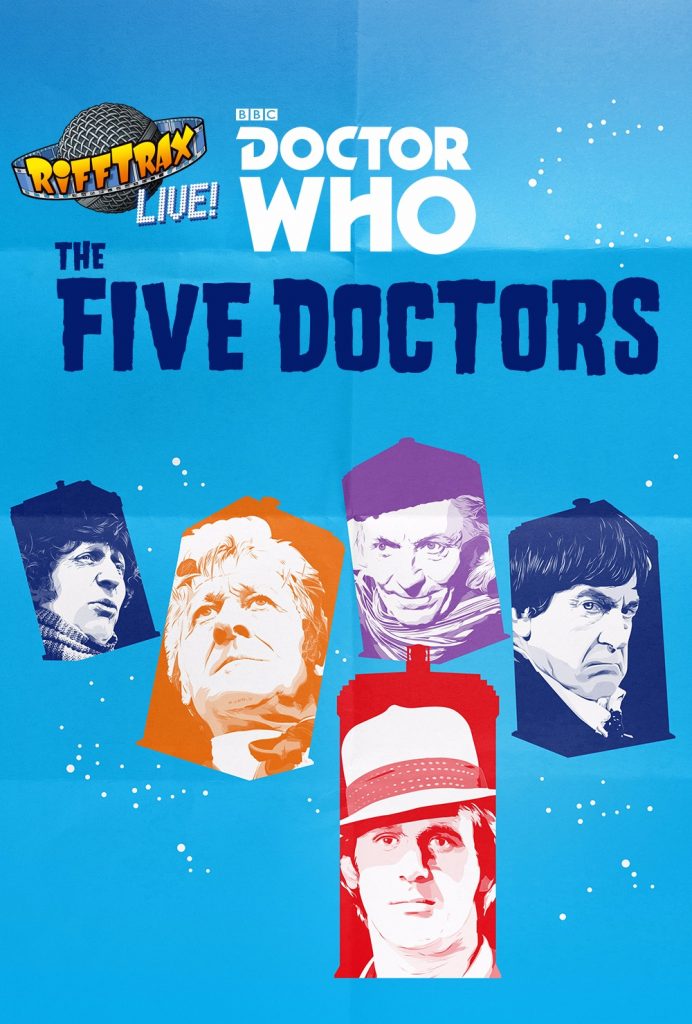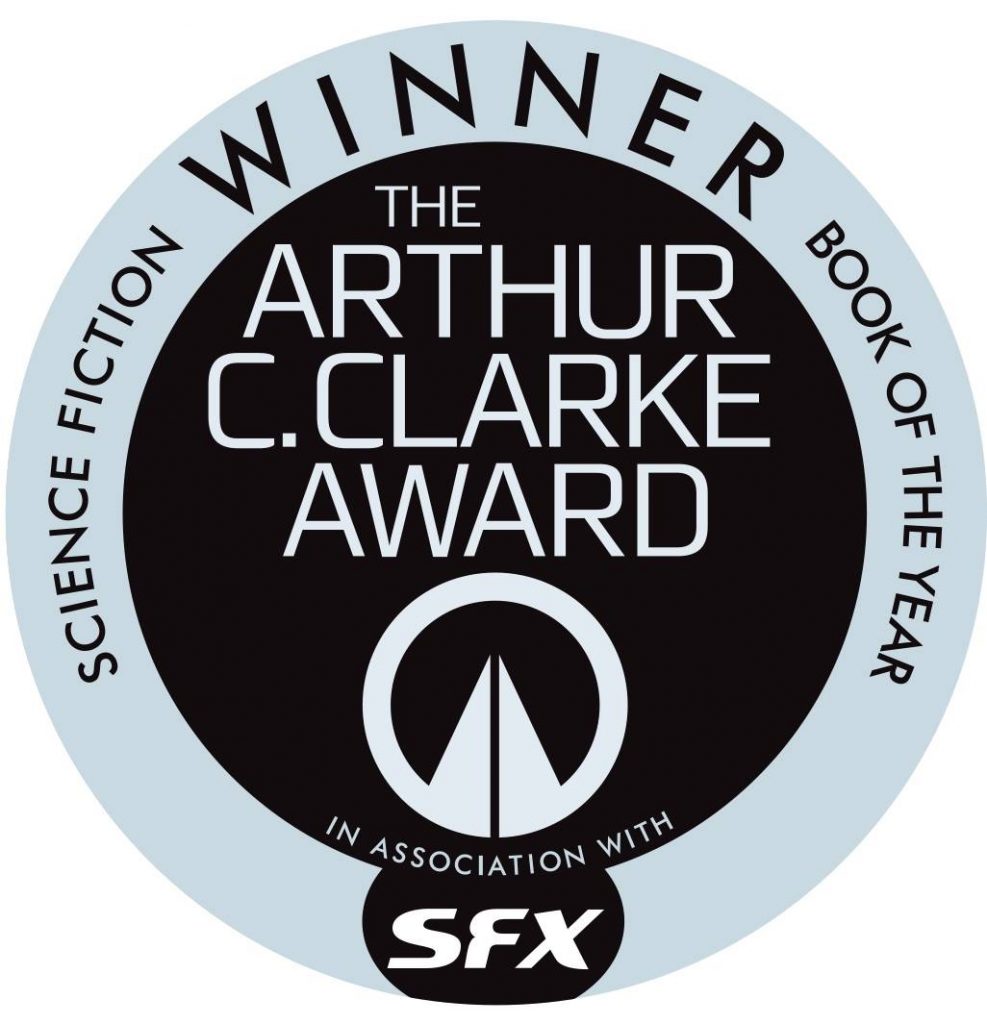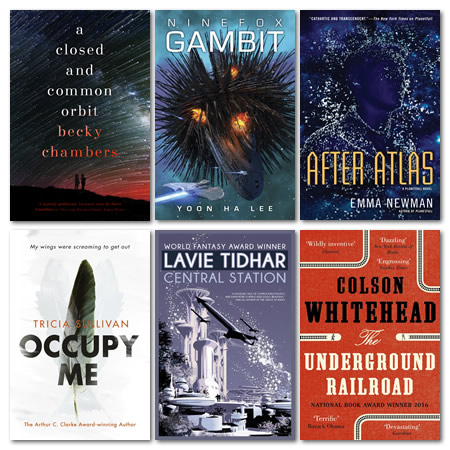(1) HE INTERRUPT THIS PROGRAM. Marissa Lingen praises the ConFusion committee’s handling of her report about a highly contentious audience member who tried to commandeer more than one panel at the con — “It’s not your turn, sir.” Here are a few excerpts from her step-by-step summary of what happened and thorough analysis of the issues involved.
…So let’s talk about my second panel, Disaster Response in SFF. I was moderating. A gentleman in the audience had enough of the free-flowing discussion provided by the panelists, apparently. He did not wait for Q&A or even raise his hand. He just jumped right in, interrupting the panel to lecture us with a long, hostile, rambling comment on his own theories of where this panel should go and how wrong we all were for not going there….
…Okay. So. I talked to some friends, some of whom were involved with the concom/staff, and given what I was saying and what they were hearing about his behavior, they encouraged me to file an incident report. ConFusion’s ops team did everything right here. Everything. They made sure that I was seated comfortably, offered water, offered my choice of report formats (written or out loud), that I had a person with whom I was comfortable with me for the whole time, that I could discuss my statement rather than just turning it in and not knowing whether it was getting any attention. They asked after my safety and comfort and what would make me feel safe and comfortable going forward at the con.
Here’s what felt like a sea change to me. Here’s what makes me write about this: they did not minimize OR maximize response. They were proactively interested in an incident of someone being rude and disruptive. At that point I was hoping that just having the incident report on file would be enough, that not having further confrontation would allow this person to go on with his con and simmer down, focus on time with friends, other panels, etc….
… 2. This was not sexual harassment. But it was gendered.
The person he approached to complain about me on Sunday was, like me, wearing some of the trappings of traditional femininity. The people who laughed in his face Friday afternoon with no complaints, no consequences to themselves? All male. All male and all masculine. And yes, I was the moderator on my panel–but he didn’t say a word about Patrick cheerfully saying, “Bye!” to him as he departed, or about Patrick backing up my moderating. There was no complaint about Patrick. It was all me.
I’ll cope with it. That’s fine. But see it for what it is.
Dealing with sexual harassment in convention spaces is hugely important. It has been hugely important for me personally. But don’t for a moment make the mistake of thinking that it is the only gendered interaction that matters. And don’t think for a moment that the dynamic would be the same if he’d decided to turn up glaring with Patrick or treat a male concom member the way he did the person on Sunday. It’s no accident he didn’t try–and so conventions need to be equally deliberate in their handling of this sort of thing. ConFusion was, and I thank them for it.
(2) GROWING EFFORT. John Picacio announced other pros have joined him and John Scalzi to fund Worldcon 76 attending memberships for Mexicanx creators and fans.
Ty Franck — one-half of the blockbuster literary team James S. A. Corey — has kindly joined my effort to improve #Mexicanx representation in sf/f. He’s now sponsoring one attending membership to Worldcon 76 in San Jose, while ace photographer Ctein is sponsoring two more attending memberships.
(3) NO-LONGER-SECRET AGENT. Scott Edelman lets you sink your teeth into Sicilian with Barry Goldblatt in Episode 58 of his Eating the Fantastic podcast.
At the suggestion of Barry Goldblatt, who founded the eponymous Barry Goldblatt Literary Agency in September 2000, we met at Bella Gioia, a Sicilian restaurant in Park Slope. A wonderful choice! But that’s to be expected when you get together with Barry, for he and I have eaten the fantastic many times before at such restaurants as Alinea in Chicago and Olo in Helsinki—though this is the first time you’re being invited to eavesdrop.
Barry’s clients including such writers as previous guest of the show Fran Wilde, Christopher Barzak, Libba Bray, Charles Vess, Nisi Shawl, and many others.
We discussed why he ended up as an agent rather than an astronaut, the happy accident that led to him being taught by the legendary science fiction writer James Gunn, the time Lloyd Alexander caused him to burst into squee-filled tears, J. K. Rowling’s first U.S. book signing and how she changed children’s publishing forever, what everyone thinks they know about agents that’s totally wrong, the sorts of things he’s told authors to help take their work to the next level, why it sometimes makes sense for him to submit a less than perfect book, whether the YA market is doing a better job with diversity than adult fiction, what he’s been looking for that he hasn’t been getting, and much more.
(4) FUN MUSEUM. The Interactive Museum of Gaming and Puzzlery near Portland, Oregon has these events coming soon:
- 1-28 Sunday Noon – Introduction to Dungeons & Dragons
Learn the basics of Role Playing with paper; how to create a character, roll dice, join an adventure, and more.- 2-1 Thursday 7 pm – Games Talk with Kyle Engen
Our Steward of Research Kyle will be talking about graphic design in games, using selected items from the collection.
(5) STORIES OF FUTURE PAST. Rocket Stack Rank adds another way to find the good stuff – from 2016. Greg Hullender explains:
Not everyone uses Rocket Stack Rank to find things to nominate; some people just use it to find stories to read. Toward that end, we put together a look back at the best stories of 2016, combining results from all the different reviewers, anthologies, and awards that we follow to produce a comprehensive ranked list.
“2016 Best SF/F Short Fiction”
In the future, we’ll try to do this by August (so the 2017 version should be available in just six months). We’ll have a few follow-up pieces that play with the statistics in this data.ef
(6) MORE LE GUIN TRIBUTES. In the Paris Review —
- Neil Gaiman remembers Ursula K. Le Guin as a petite rabble-rouser with a gentle smile
The thing about Ursula K. Le Guin was that she didn’t actually look like a rabble-rousing, bomb-throwing, dangerous woman. She had a gentle smile, as if she was either enjoying herself or enjoying what the people around her were doing. She was kind but firm. She was petite and gray haired, and she appeared, at least on first inspection, harmless.
The illusion of harmlessness ended the moment you began to read her words, or, if you were so lucky, the moment you listened to her speak.
She was opinionated, but the opinions were informed and educated. She did not suffer fools or knaves gladly, or, actually, at all. She knew what she liked and what she wanted, and she didn’t let that change. She was sharp until the end. She once reviewed a book of mine and was not altogether kind about all of it, and I discovered as I read her review that I would rather have been chided by Ursula K. Le Guin than effusively praised by any other living author.
- and Karen Joy Fowler ists ten things friendship with Le Guin taught her.
- There is no reason a book of ideas can’t also be deeply moving, gorgeously written, and inhabited by people who take rooms in your heart and never move out.
(7) LE GUIN FAMILY NOTES A SUGGESTED CHARITY. Ursula Le Guin’s family has stated that the charity closest to her heart is the Malheur National Wildlife Refuge.
Ursula's agent was asked if the Le Guin family wanted donations sent. Ursula's son responded that the non-profit closest to Ursula's heart is the Malheur National Wildlife Refuge. If people are moved to donate in Ursula's memory this would be the place: https://t.co/YRlwsZicqk
— (((David Naimon))) (@DavidNaimon) January 25, 2018
- U.S. Fish & Wildlife Service – Malheur National Wildlife Refuge – Oregon (donate)
- Friends of Malheur National Wildlife Refuge (Donate)
(8) REAL SPACE OPERA. Atlas Obscura lets you “Listen to Ursula K. Le Guin’s Little-Known Space Opera”, Rigel 9. Recording at the link.
If you’re an Ursula K. Le Guin fan, you’ve likely spent a lot of time in Earthsea, home to endless archipelagos and magical beings. You might have ventured to Gethen, with its glaciers and androgynes.
But you may not yet have made it to Rigel 9, a world that offers small red aliens, two-toned shadows from its double sun, and—depending on who you believe—a beautiful golden city. The planet is the setting of the little-known space opera, also called Rigel 9, released in 1985. The opera features music by avant-garde classical composer David Bedford, and a libretto written by Le Guin.
(9) JOHN CREASEY OBIT. Filker John Creasey died January 25. His wife, Mary, made the announcement on Facebook:
My husband, John Creasey, passed away this morning around 0915 or so. I hadn’t gotten there by then (he WOULD pick the day when I DIDN’T make my morning visit!). He was still on a ventilator until a doctor officially pronounces him. He had been going downhill for quite a while (multiple systemic infection organ failures), and hadn’t really recovered from the last septic shock crash. He had been non-verbal and non-communicative for at least the last two weeks. I will post later about funeral plans and such. I’m not going to collapse yet; he’s been effectively mostly out of our lives for over a year, and barely aware for much of the last six months, and that only occasionally, so this isn’t really much of a shock. I’m just glad he’s finally not hurting any more.

Joe Bethancourt (hat), Richard Creasey (young man in tie-dye) and John Creasey (larger adult man) perform Bethancourt’s filk song “Fishin’ for Chickens” at ConChord in 2005.
(10) TODAY IN HISTORY
- January 26, 1964: Hammer’s Kiss of the Vampire opens in its native United Kingdom
- January 26, 1995: Peter Weller stars in Philip K. Dick adaptation Screamers.
(11) TWO DAYS AGO’S BIRTHDAY BOY (SORRY WE MISSED IT!)
- Born January 24, 1944 – David Gerrold
(12) THE SECONDS BLEED AWAY. The Bulletin of Atomic Scientists says it’s 2018 and time is running out:
2018: The failure of world leaders to address the largest threats to humanity’s future is lamentable—but that failure can be reversed. It is two minutes to midnight, but the Doomsday Clock has ticked away from midnight in the past, and during the next year, the world can again move it further from apocalypse. The warning the Science and Security Board now sends is clear, the danger obvious and imminent. The opportunity to reduce the danger is equally clear. The world has seen the threat posed by the misuse of information technology and witnessed the vulnerability of democracies to disinformation. But there is a flip side to the abuse of social media. Leaders react when citizens insist they do so, and citizens around the world can use the power of the internet to improve the long-term prospects of their children and grandchildren. They can insist on facts, and discount nonsense. They can demand action to reduce the existential threat of nuclear war and unchecked climate change. They can seize the opportunity to make a safer and saner world.
(13) FREE COMIC ONLINE. Marvel is giving you the chance to dive into THANOS from rising stars Donny Cates and Geoff Shaw, the series that IGN is calling “one of Marvel’s most exciting titles” – for free. THANOS #13, the first Marvel Legacy issue and the kick-off to Thanos Wins, is available now as a free digital comic for a limited time.
Head to www.marvel.com/redeem, enter the code THANOSWINS by Tuesday 1/30, and start reading now! Don’t miss the series that Comic Watch has raved is “the Mad Titan in all his power hungry glory.”
(14) WINTER WONDERS. Heavy Tokyo snowfall leads to snow-minions, snow-Jabba: “Japan’s amazing snowmen will blow your mind”. Photos at the link.
(15) INDIE PUBLISHER FOLDING. When Evil Girlfriend Media closes, it’s taking JDA’s Dragon Award-nominated novel with it [link to Internet Archive]. Says JDA, “[it] will most likely not be available 30 days from now.” The publisher announced on Facebook they are ending the business:
Dear Readers,
I have notified our authors and editors that I am pulling their books from distribution. Their books will begin to drop from Kindle Select over the next 90 days with some as early as January 31. You can no longer purchase their books as an ebook but may borrow until the end of the 90 day period.
EGM went on hiatus last year for many reasons including that I took a new position with my employer. The commitments of this position make it impossible for me to continue in the publishing business. I hope you all support other indie publishers out there. It takes a lot of money, time, and dedication to create great books.
It has been a fast-paced and enjoyable couple of years. I look forward to the future and enjoying the great works the authors and editors I’ve worked with create.
Respectfully,
Katie Cord
(16) AN INDIE PUBLISHER STILL WITH US. The Kraken Collective is celebrating its anniversary this week — #KrakenFriends2018 Is Here!
The Kraken Collective is an alliance of indie authors of LGBTQIAP+ speculative fiction, committed to building a publishing space that is inclusive, positive, and brings fascinating stories to readers.
(17) SHARKE REFLECTIONS. Shadow Clarke juror Nina Allan’s “Afterwards: thinking about the Sharke”, posted last September, may not have been mentioned here before:
The Sharke has changed me in multiple ways, most obviously as a critic and as a reader. Looking back on the self that first conceived the project, I now believe I had become as entrenched within a certain comfort zone as any hardcore space opera fan, accustomed to looking in the same places for what I deemed noteworthy, places that accorded comfortably with my expectations, which in their turn had mostly to do with style. How much more interesting to strip away one’s assumptions and see what happens. To come at things from a different angle. To stop feeling the need to fight a particular corner in terms of what is good and what is best. Personally, I’m still not a fan of The Underground Railroad. To my mind, it is possibly the most ‘commercial’ novel on the Clarke Award shortlist and its bland surface texture renders it ultimately forgettable to me as a reading experience. I find some of the sentence structure, not to mention the use of science fiction in Tricia Sullivan’s Occupy Me to be far more interesting. I have found the abstruse weirdness and raw vitality of Ninefox Gambit hanging around in my mind far longer than, for example, the sensitively rendered but ultimately predictable dystopian role-playing of Clare Morrall’s When the Floods Came. Viewed from this new perspective, the landscape of science fiction looks much more exciting to me than it did even before the Sharke was launched.
(18) LOVECRAFT COUNTRY. Lela E. Buis shares her “Review of Lovecraft Country by Matt Ruff”.
The year is 1954, and African American war veteran Atticus Turner is traveling north to Chicago. His dad Montrose has disappeared somewhere in New England, and with his Uncle George and his friend Letitia, Atticus sets out to find him…..
This is an entertaining read, as the characters are all resourceful and end up accomplishing what they need to do through the application of determination and common sense. Regardless of the Jim Crow setting, the characters feel contemporary, as if Ruff has set characters with modern sensibilities into the Lovecraft milieu.
I’ve read some other reviews that promote this book by saying racism is the real horror in the story. I didn’t really see that. If you’re unfamiliar with the facts of Jim Crow segregation and the kind of discrimination African Americans faced in the 1950s, then I suppose this could be a surprise. Presumably Ruff set his story in this period at least partly to display the racial issues, but actually he skims over it as fairly matter-of-fact. Everybody deals and nobody gets lynched.
What really stood out for me instead was the message that these black characters read and treasure the SFF classics of the day by Lovecraft, Burroughs, Bradbury, Asimov, etc., without any disconnect because of their race. Is that so? Currently these writers are all considered to be both racist and sexist because they reflect the attitudes of their era….
[Thanks to JJ, John King Tarpinian, Cat Eldridge, Chip Hitchcock, Cat Rambo, Martin Morse Wooster, Andrew Porter, Jay Byrd, Michael Toman, ULTRAGOTHA, Karl-Johan Norén and Carl Slaughter for some of these stories. Title credit belongs to File 770 contributing editor of the day Hampus Eckerman.]


